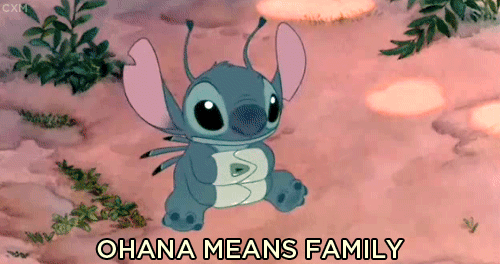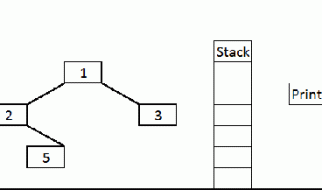Here at Drops, we love words of all kinds, shapes, and sizes. Amping up your vocabulary is one of the best ways you can build a strong foundation in your new language, and in just five minutes a day, you can make incredible progress.
Did you know there are only around 300 native speakers of Hawaiian today? Recently, we announced the release of our new Hawaiian language course, and we can?t wait to help that number grow. Here are just a few of our favorite Hawaiian words and their meanings.
Aloha
Aloha is more than a simple greeting in Hawaiian. It is used to express compassion, love, and affection, and it has a deep cultural significance in Hawaii. Its sentiment is said to be so profound that Hawaiians believe it has no true English equivalent.
Mauka
Giving or getting directions in Hawaii? Using this word will certainly score you points with the locals. Mauka means ?towards the mountain? and refers to when you travel inland.
Makai
Makai is another word associated with directions and it means the opposite of mauka. It indicates that you need to go ?towards the sea,? so you can invite your new friends to join you for a l??au makai.
Ohana
?Ohana means family.? A Hawaiian word made famous by Disney?s Lilo & Stitch, but this word goes much deeper than just family. It extends from blood-relatives to ?adopted? or ?chosen? family and carries with it an implication of respect and cooperation.
 via Giphy
via Giphy
Da kine
This Hawaiian word is a catchall and pretty much means ?whatchamacallit?. That thing over there? Da kine. That dish you ate last night that was super tasty? Da kine. This word is incredibly versatile and can be put to use whenever you?re at a loss for the right word or when you feel like being a little vague.
Shaka
Hang ten! The shaka is a hand gesture that is made by forming one?s hand into a fist, then extending the thumb and pinkie. It expresses gratitude, understanding, and solidarity and you?ll see it often used in Hawaii, especially on the road. Drivers often use it when others are courteous to share their thanks.
 ?person lifting his hand from water? by Sebastin Len Prado on Unsplash
?person lifting his hand from water? by Sebastin Len Prado on Unsplash
A ?o ia
As you start to get the hang of the Hawaiian language, the locals may cheer you on with this expression. It?s used to say, ?you?ve got it!? or ?there you have it!? Whether you?re getting up to join a hula, catch your first wave while surfing, or sing an excellent round of karaoke, it can be used in almost any context to root someone on.
Ho?omau
In Hawaiian, stick-with-it-ness is expressed as ho?omau. It expresses one?s ability to persist, to keep going, and to never give up. It?s a great word to share your commitment to the Hawaiian language!
K?lia i ka nu?u
Did you just wrap up an amazing Hawaiian study session? K?lia i ka nu?u is the word you?ll need to express the buzz you?re feeling at the end of a great study session. It means ?to do your best? and implies a value in both achievement and excellence.
?Ike loa
Another great Hawaiian word for language learners is ?ike loa. It implies a value in learning and knowledge, growth, and expansion.
Mahalo
Again, another word whose meaning may seem deceptively simple. Mahalo is translated into English as ?thank you?, but it packs a much bigger punch. Tied into this expression of thanks, is a deeper sense of gratitude, admiration, praise, esteem, and respect.
We invite you to come learn these words and more with us at Drops! A hui hou kakou (?until we meet again?). Mahalo!
What about you? Are you learning Hawaiian? You can check out our favorite Hawaiian language resources here.
What are some of your favorite words in the language? We?d love to hear what they are in the comments below!
Drops: the new way to easily learn a language that combines engaging and fun word games with beautiful design. Learn up to 35 languages with fun, visual games. Try the fastest-growing language app in the world for free on iOS or Android.

